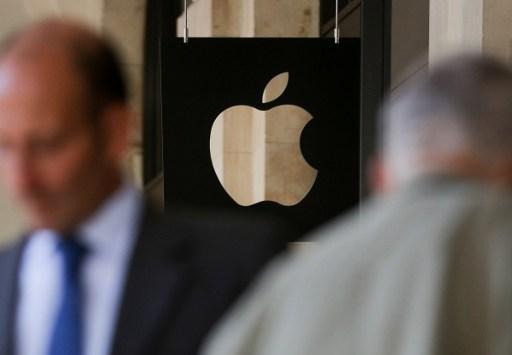The Irish government announced on Tuesday having collected the sum of €14.3 billion from the giant Apple. The sum corresponds to fiscal advantages believed by the European Union (EU) to be “unowed”, and which have been placed in a blocked account.
The Irish Minister of Finances, Paschal Donohoe, explained in a communiqué that during the second and third quarters Apple deposited the amount in this account. The sum corresponds to €13.1 billion in assumed state aid, in addition to €1.2 billion in interest.
In April, Ireland signed an agreement with Apple to put in place the sequestered account, the purpose of which is to receive capital corresponding to tax arrears.
The sum was placed in the blocked account, whilst awaiting the outcome of appeal hearings by the country and the American group, based on the merits of the European judgment forcing Apple to repay to Dublin these “unowed fiscal benefits.”
The Irish minister repeated on Tuesday that he contested the EU’s analysis in the case, but that this step showed his country’s commitment to comply with its legal obligations.
Mr Donohoe explained, “We needed time to build the infrastructure and legal framework around this sequestered fund but it was essential to protect the interest of all parties.”
Brussels believes that Apple has paid too little tax in Ireland, as a result of a tax agreement with the Irish authorities, which has been in place for years. The agreement would have enabled Apple to only subject to tax a minuscule share of the billions it earned in Europe. At the same time the Apple brand transferred significant income to Ireland, which houses its head office for the continent of Europe.
Over a year ago, the European Commission requested that Ireland begin recovery of the money.
Apple and Dublin are presenting a united front in disputing these accusations. Both parties believe the tax conditions surrounding the activity of the Apple brand in Ireland are perfectly legal.
The Apple European head office in Ireland records all profits made in this geographical area, as well as those produced in Africa, the Middle East and India.
The Brussels Times

